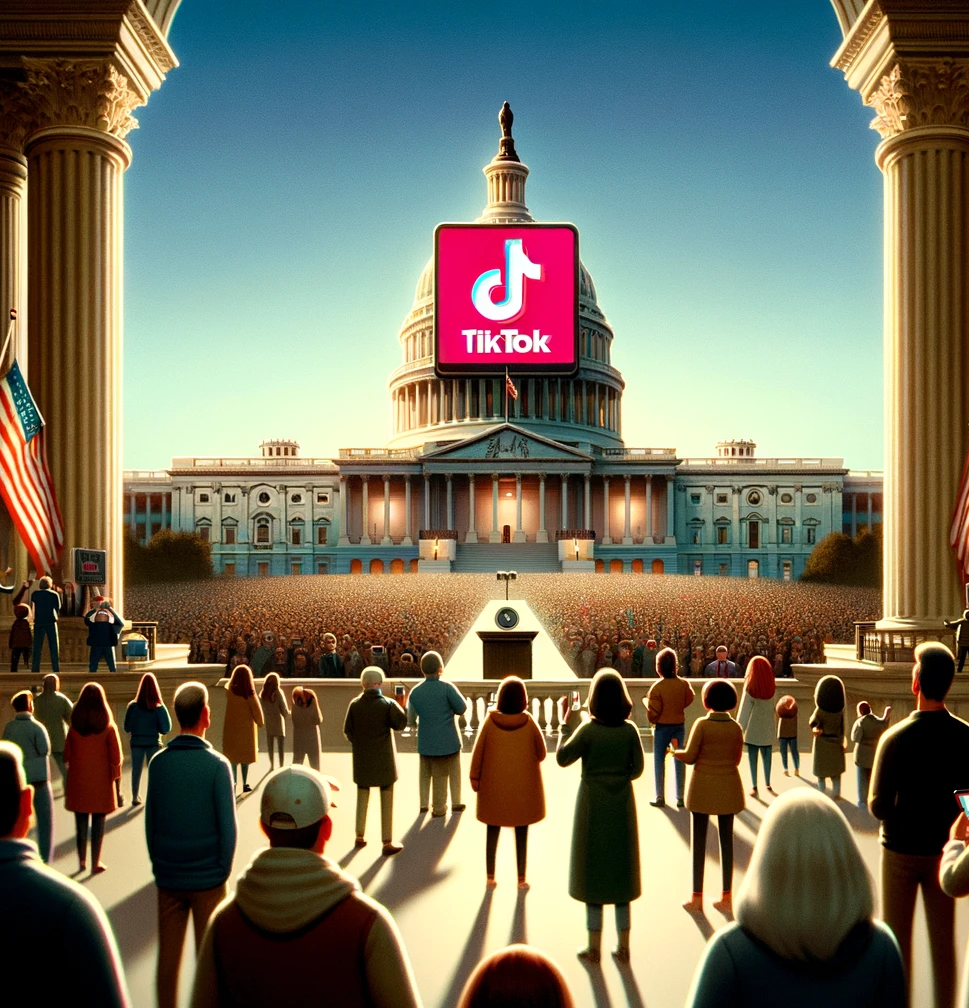
Will TikTok Get Banned in the US?
Updated on
In an unexpected move that could potentially reshape the social media landscape, the US House of Representatives has taken a decisive step towards banning TikTok nationwide, citing national security concerns. The bipartisan vote on Wednesday saw a majority favoring a bill that mandates TikTok to be divested from its Chinese parent company, ByteDance, or face a ban from US app stores. This development places the future of one of the world’s most popular social media platforms, used by approximately 170 million Americans, in jeopardy.
The Details of the Bill
The bill, which passed with a significant majority of 352 to 65, outlines a clear ultimatum: TikTok must be sold by ByteDance within five months, or it will become illegal for app store operators like Apple and Google to offer the app for download. This legislation has sparked a fiery debate on issues ranging from national security to free speech and international trade relations.
The National Security Argument
Supporters of the bill argue that TikTok poses a national security threat, fearing that the Chinese government could exploit ByteDance, forcing it to surrender data on US app users. This concern is not unfounded, given China’s stringent intelligence laws, which could potentially be used to access information held by Chinese companies.
Political Reactions and Responses
The proposal has faced opposition from various quarters, including former President Donald Trump, who has wavered in his stance despite previously advocating for a ban. Meanwhile, Democrats have felt pressure from younger, progressive constituents for whom TikTok is a vital social media outlet. Internationally, the reaction has been sharp, with China’s foreign ministry labeling the move as “bullying.”
Despite these divisions, the bill saw rare bipartisan support in the House, indicating a unified concern over the app’s implications for national security. President Joe Biden has also expressed his willingness to sign the bill into law, should it pass through the Senate.
TikTok’s Defense and User Reaction
TikTok has vehemently opposed the bill, framing it as an assault on the constitutional right to free expression. The platform has mobilized its vast user base, launching a call-to-action campaign to lobby against the legislation. Congressional offices have reported being inundated with calls from concerned citizens.
Looking Ahead: The Senate’s Role
As the bill moves to the Senate, its future remains uncertain. Senate Majority Leader Chuck Schumer has yet to commit to a course of action, though the bipartisan support in the House could influence the Senate’s decision-making process. Senators Mark Warner and Marco Rubio have echoed the national security concerns, urging their colleagues to support the bill.
The Broader Implications
Should the bill become law, it could significantly impact not only the 170 million American TikTok users but also the broader economy, including the 7 million small businesses that leverage the platform for their marketing efforts. The debate around TikTok’s future in the US underscores the complex intersection of technology, privacy, national security, and free speech. As the Senate deliberates on the bill, the outcome will have far-reaching consequences for the global tech industry and the everyday lives of millions of Americans.



